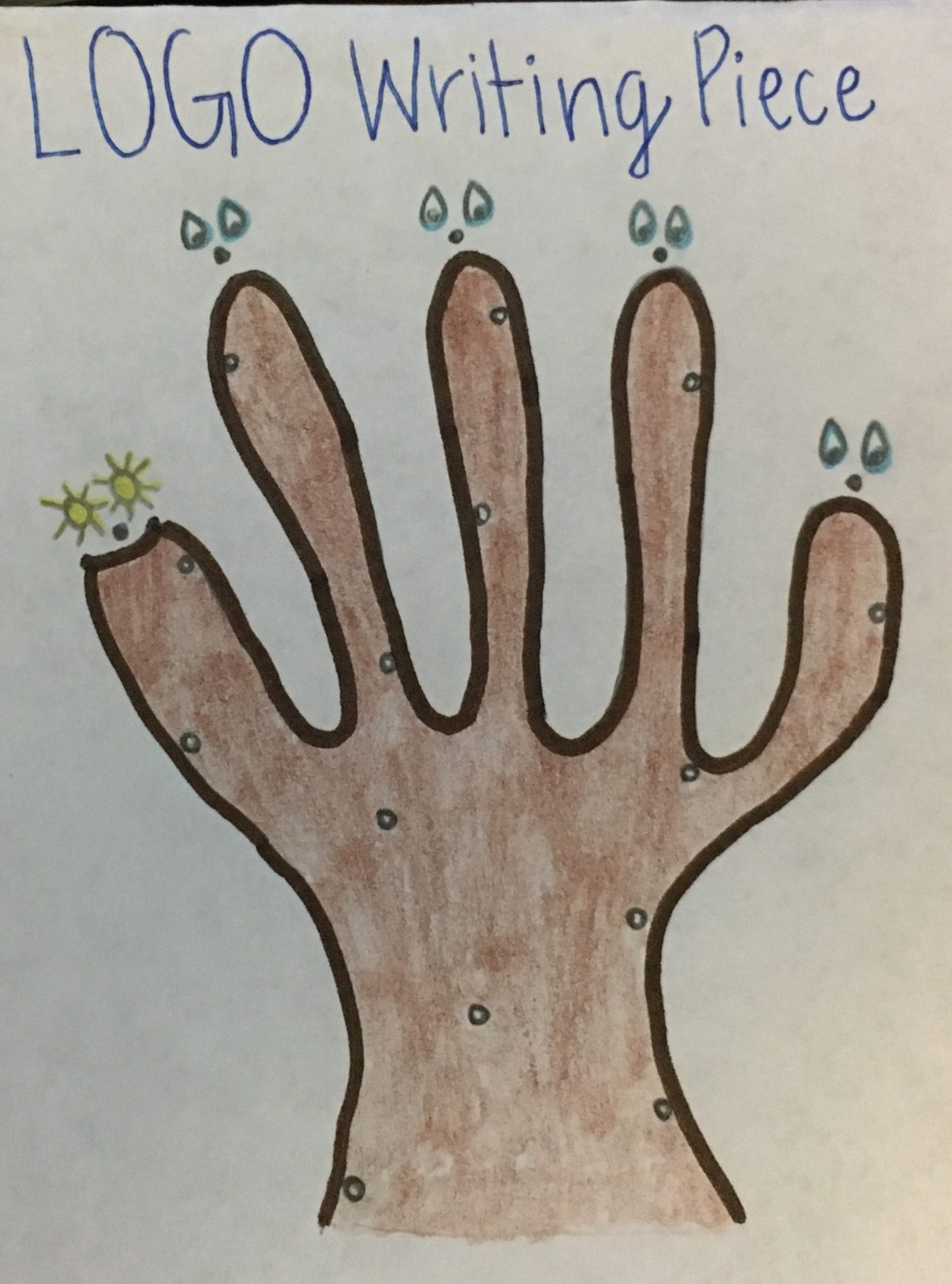On a cold day in January 2021, my reading was interrupted by loud knocks up and down the hallway of my freshman dorm. “Please evacuate immediately,” my Resident Director said. “There’s been a medical emergency.” Later, we learned that a friend in the room across from mine passed away from an allergic reaction to the food she ate. I couldn’t help but think, “That could have been me.” As a child, severe eczema and multiple food and environmental allergies meant I couldn’t safely eat a slice of my own birthday cake at my birthday parties, participate in overnight school trips or even swim in the pool with my friends. Thanks to immunotherapy treatments over multiple years, I can now live independently and eat safely from the college cafeteria. But others, like my friend, were not so fortunate.

